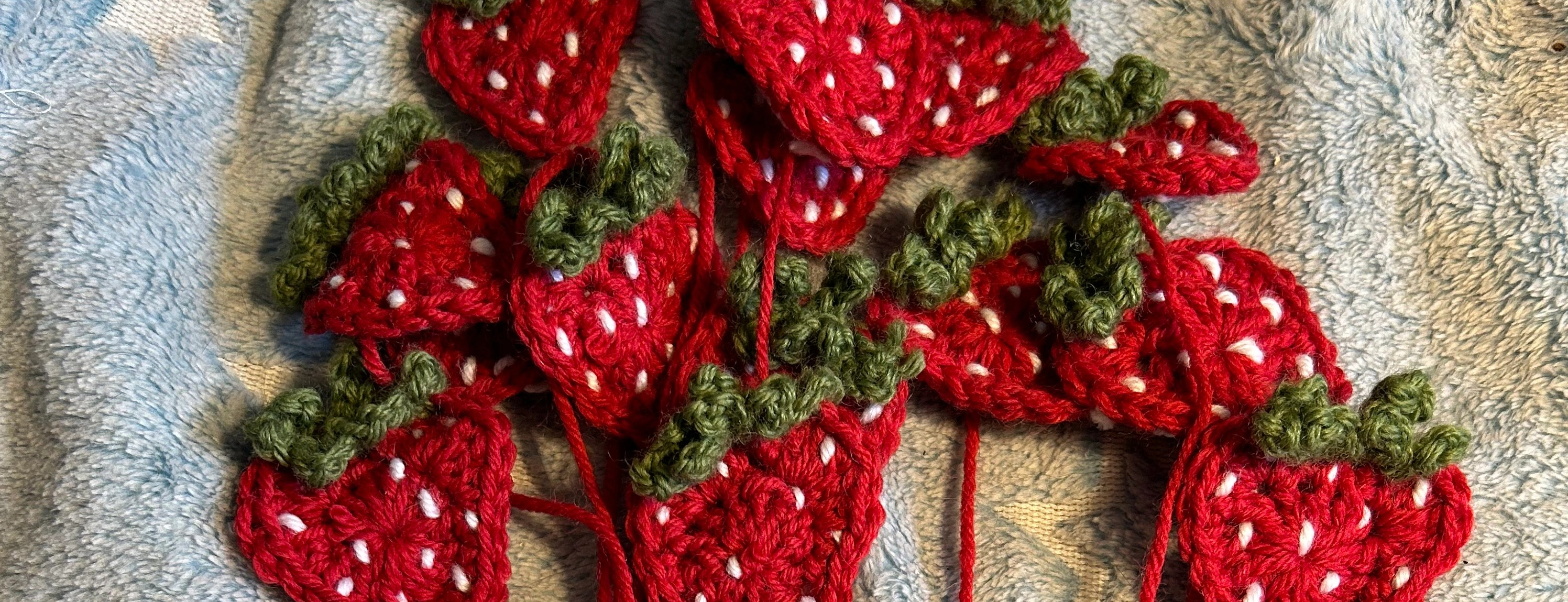The connection of extreme event attribution to loss and damages and liability troubles me. I’ve found it hard to pinpoint exactly why it troubles me – something about the imbalance and asymmetry between benefit and harm, weird edge cases, the absurd counterfactual natural world, the focus on rare events at the expense of things that happen almost all the time, the invisibility of what doesn’t happen, and so on. It’s a long list, but this morning1, I came up with a though experiment that maybe illuminates some of them.
Or maybe not.
Thought experiments are like that. We2 tend to conceive them and interpret them from our own private universes of thought where the moral and actual physics3 are perhaps very different from everyone else’s.
Anyway, the set up is pretty simple. We just reverse the arrow of time4. Now, billions of people are converting carbon dioxide and sulphate aerosols into petroleum, coal, and gas by doing all those things people do. They turn cooked food into ingredients and send them back to where they came so farmers can reassemble them or bury them and in the process extract nitrogen and methane from the atmosphere and rivers. People drive around. They alter the temperature of their homes, and so on. All the things that people do. Then oil companies take the petrol and the gas they’ve gathered and conscientiously bury it in the ground, mopping up spills as they go. Coal companies put a lot of effort into burying the coal, sometimes going to the lengths of filling in huge unsightly pits and building whole new mountains on top of them complete with flourishing ecosystems. It’s a dangerous job, but some say the results are worth it.
Now, this large scale removal of greenhouse gases5 is cooling the earth. There are some positive effects of that of course – heatwaves are less intense, glaciers are starting to grow providing reliable water supplies for millions, rainfall is less intense and so on – we take these as a given. But, at the same time, cold waves are becoming more common and killing thousands of people each year6. Growing seasons are shortening and late frosts are more common. Added to this, lower CO2 means lower vegetable productivity – the world is literally becoming less green. Heavy snow is disrupting larger and larger areas of the world for longer each year. Arctic sea ice is advancing blocking shipping lanes. Compound events – extreme cold and drought – are also becoming more common adding misery upon misery. Atlantic hurricanes, it is thought, are becoming more frequent and faster moving, although individually less intense. It’s not just humans who are suffering, as the world cools, ecosystems are disrupted. People live in fear of a prolonged period of active vulcanism like we had in the 2050s to 90s. The Guardian have rechristened global cooling as global chilling7, but also like to use the terms havoc, weirding, disruption and crisis. The UN have declared a global emergency. The IPCC in its first report notes that it is too soon to tell from observations alone whether cooling is occurring but models project human-induced cooling of up to 1.9 degrees by 18508.
A team of scientists are using a technique called extreme event attribution to determine what “caused” these cold waves, poor growing seasons, frosts, and snows that are causing havoc across the world. Over and over again, they find that reductions in carbon dioxide are responsible for these disruptive events and the associated huge losses. People are talking about suing the oil companies who are ultimately responsible for removing all this CO2 from the atmosphere. Some countries – richer countries – have a greater responsibility than others. They’re removing greenhouse gases from the atmosphere at a much higher rate and they are not the ones suffering the worst consequences. Someone, it is clear, will have to pay. The scientists performing these studies are at pains to point out that vulnerability plays an important part in the losses, and much could be done to adapt, but no one listens to that bit.
And so on and so on… this back-to-front world is, in fact, almost exactly like the front-to-back world.
Now, of course, this is silly9 – running things forwards and backwards, extracting and depositing greenhouse gases from and in the atmosphere, can’t be symmetrical – but the point is, I suppose, to try and locate and explain exactly why. Where is the asymmetry? Alternatively, it’s a different frame for understanding historical events that have become less common over time, using the present day as a baseline.
Anyway. That’s all.
-fin-
- In the shower. Where else? ↩︎
- Usual sociopath check applies: replace we with I and re-read. ↩︎
- If you’re already thinking “Moral physics? What’s this guy on?”, you at least get the point. ↩︎
- I’m mean, sort of. I’m not going to pretend I’ve given this a huge amount of thought at this point, but the major point is the reversal of the atmospheric composition trends. ↩︎
- Somewhat offset by the removal of aerosols it must be said: burying coal isn’t all bad. ↩︎
- It’s hard to say how many exactly, because record keeping is getting worse all the time. ↩︎
- Apparently oblivious to the positive connotations of that word. ↩︎
- A quirk of trees is they seem to be able to predict temperature via the width of their annual shrink rings. No one is sure quite how they do it. ↩︎
- Yet another purpose of thought experiments. ↩︎

Leave a comment